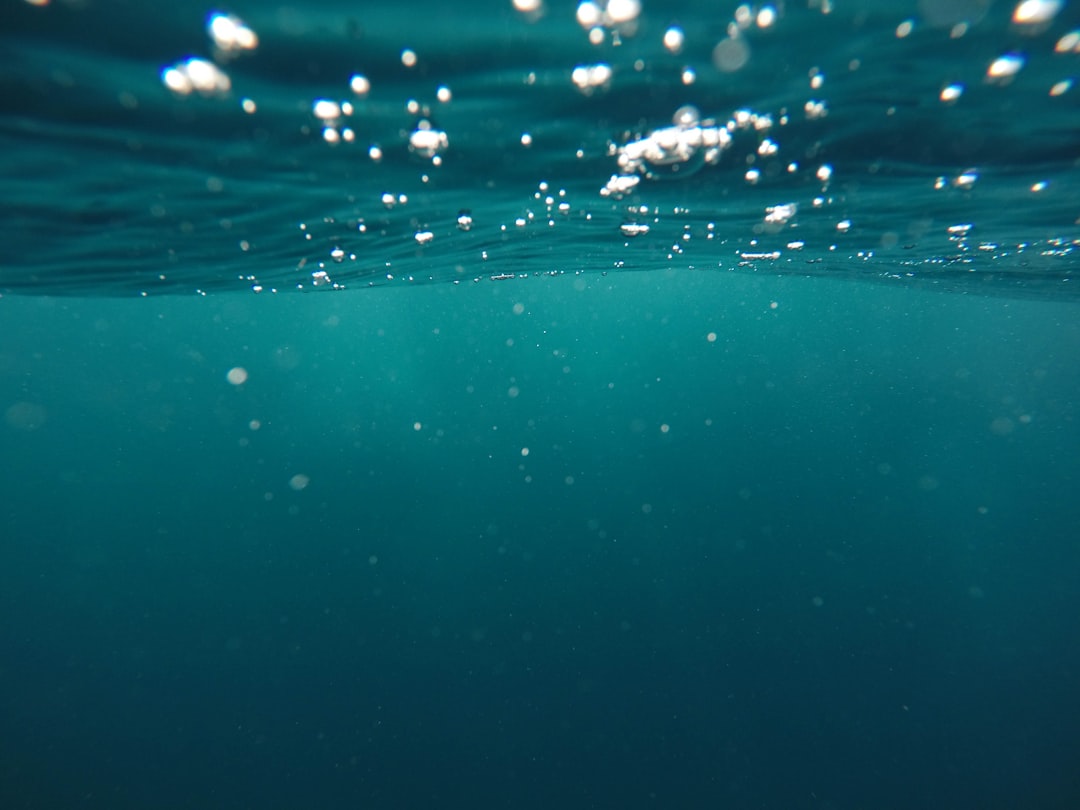Welcome, fellow wellness enthusiasts! In a world constantly buzzing with new health trends, one simple yet profound habit often gets overlooked: adequate hydration. For 30 days, I embarked on a personal “2 Liters of Water a Day Challenge” to truly understand its impact on daily life and overall well-being. This isn’t just about quenching thirst; it’s about optimizing bodily functions, from cognitive performance to skin health.
Did you know that water makes up about 50% to 70% of your body weight? It’s crucial for nearly every bodily function, including regulating body temperature, lubricating joints, delivering nutrients, and flushing out waste. This comprehensive review will guide you through my 30-day journey, detailing the initial hurdles, the observed changes, and practical tips for anyone considering this simple yet powerful challenge. By the end, you’ll have a clear understanding of what to expect and how to successfully integrate better hydration into your routine.
The Science Behind Daily Hydration
Before diving into the personal experience, it’s essential to grasp why water is so vital. Our bodies are complex systems, and water acts as the primary medium for countless biochemical reactions. It’s not merely a beverage; it’s a fundamental nutrient.
Why Water Matters for Your Body
Proper hydration supports a multitude of bodily functions. Dehydration, even mild, can significantly impair physical and cognitive performance. It can lead to fatigue, headaches, and reduced concentration.
- Nutrient Transport: Water helps dissolve and transport nutrients, oxygen, and hormones to cells throughout the body.
- Waste Removal: It flushes out toxins and waste products through urine and feces.
- Temperature Regulation: Through sweating, water helps maintain a stable body temperature.
- Joint Lubrication: Water is a key component of synovial fluid, which lubricates joints.
For more detailed information on the importance of water for health, you can refer to resources from the Centers for Disease Control and Prevention (CDC) on Water and Healthier Drinks.

My 30-Day Journey: Week by Week
Embarking on the 2-liter water challenge was an interesting experience. Initially, it felt like a chore, but as the days progressed, it transformed into a natural part of my routine. Here’s a breakdown of my experience.
Week 1: The Adjustment Period
The first few days were the toughest. I found myself frequently visiting the restroom, and it felt like I was constantly refilling my water bottle. My body was clearly adjusting to the increased intake. I made sure to spread my water consumption throughout the day, rather than chugging large amounts at once.
Tip: Start your day with a large glass of water. This kickstarts your hydration and helps you get ahead of your daily goal.
Week 2: Noticing Subtle Changes
By the second week, the frequent restroom trips became less disruptive, and I started to feel more accustomed to the routine. I noticed a subtle but consistent increase in my energy levels, particularly in the afternoons when I typically experienced a slump. My skin also seemed to have a bit more natural glow.
Week 3 & 4: Habit Formation and Sustained Benefits
In the latter half of the challenge, drinking 2 liters of water felt completely natural. I rarely had to remind myself to drink. The sustained energy levels continued, and I felt less prone to snacking between meals, possibly due to feeling fuller. My digestion also felt more regular. It became clear that consistent hydration was a cornerstone of overall well-being.

Observed Benefits and Common Misconceptions
While my experience was positive, it’s important to discuss the actual, scientifically supported benefits and to debunk some common myths surrounding water intake.
Real Benefits I Experienced (Consistent with Research)
- Increased Energy: Proper hydration helps maintain optimal blood flow and oxygen transport, reducing fatigue.
- Improved Digestion: Water aids in breaking down food and preventing constipation.
- Better Skin Health: Hydrated skin tends to be more elastic and less prone to dryness.
- Reduced Snacking: Sometimes thirst is mistaken for hunger. Drinking water can help manage appetite.
Addressing Common Hydration Myths
“Everyone needs exactly 8 glasses (about 2 liters) of water a day.” While 2 liters is a common guideline, individual water needs vary based on activity level, climate, health conditions, and diet. Foods like fruits and vegetables also contribute to your daily water intake.
It’s crucial to listen to your body and adjust your intake accordingly. Thirst is a good indicator, but proactive hydration is even better, especially during exercise or hot weather. The Mayo Clinic offers excellent guidance on how much water to drink daily.
Practical Strategies for Consistent Hydration
Successfully completing a hydration challenge, or simply integrating better water habits, requires a few smart strategies. It’s about making it easy and enjoyable.
Tools and Habits for Success
- Invest in a Reusable Water Bottle: A good quality, insulated bottle (e.g., 1-liter capacity) can be a game-changer. Knowing you need to refill it twice a day simplifies the goal.
- Set Reminders: Use phone alarms or hydration apps to prompt you to drink throughout the day, especially in the beginning.
- Infuse Your Water: Add slices of lemon, cucumber, mint, or berries to make water more appealing and flavorful without added sugar.
- Drink Before Meals: A glass of water before each meal can aid digestion and help you feel fuller, potentially reducing overeating.
- Track Your Intake: Whether with an app, a marked bottle, or simply tallying glasses, tracking helps you stay accountable.

Hydration Tracking Table
Here’s a simple table to visualize daily water intake goals:
| Time of Day | Recommended Intake (approx.) | Cumulative Total |
|---|---|---|
| Morning (7 AM – 10 AM) | 500 ml | 500 ml |
| Late Morning (10 AM – 1 PM) | 500 ml | 1000 ml (1 L) |
| Afternoon (1 PM – 4 PM) | 500 ml | 1500 ml (1.5 L) |
| Evening (4 PM – 7 PM) | 500 ml | 2000 ml (2 L) |
Beyond the 30 Days: Sustaining Hydration Habits
The true success of any challenge lies in its long-term impact. The 30-day water challenge isn’t just about a temporary boost; it’s about establishing a sustainable habit that contributes to your overall health for years to come.
Making Hydration a Lifestyle
After 30 days, drinking adequate water no longer felt like a conscious effort. It became an ingrained part of my daily rhythm. I now instinctively reach for water throughout the day, and I can genuinely feel the difference when I’m well-hydrated versus when I’m not.
Consider how your daily activities, such as exercise or travel, might affect your hydration needs. Always carry a water bottle, and make water your primary beverage choice over sugary drinks.
Final Thoughts and Call to Action
The 2-liter water challenge proved to be a simple yet profoundly effective way to reset my hydration habits and experience tangible benefits. It’s a testament to how small, consistent changes can lead to significant improvements in well-being.
While individual results may vary, the fundamental importance of water to human health is undeniable. This challenge isn’t about achieving a specific outcome, but rather about fostering a mindful approach to your body’s most basic need.
Ready to Take the Plunge?
Are you inspired to take on your own 30-day water challenge? Start small, be consistent, and listen to your body. You might be surprised by the positive changes you experience.
Share your thoughts: What are your biggest challenges when it comes to staying hydrated? Have you tried a water challenge before? Share your experiences in the comments below!
Further Reading and Resources
- Harvard Health: How much water should you drink? – A comprehensive guide on daily water intake recommendations.
- NIDDK: Diet, Nutrition, and Constipation – Information on how water intake affects digestive health.
